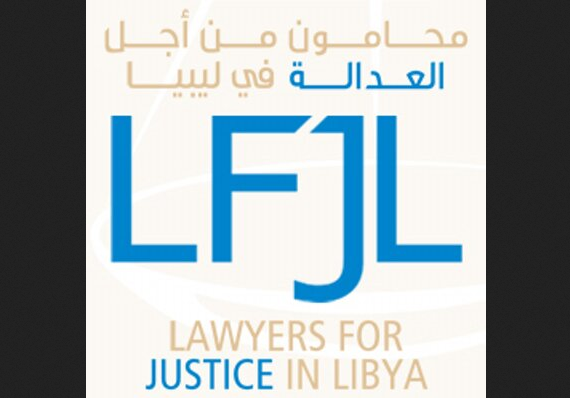From Lawyers for Justice in Libya (LFJL). Any opinions expressed are those of the authors, and do not necessarily reflect the views of Libya Business News.
On the fifth anniversary of the 17 February Revolution LFJL highlights ongoing threats to Libyan civil society’s existence
Today marks the fifth anniversary of the 17 February Revolution and the fifth year since Lawyers for Justice in Libya (LFJL) was established. LFJL would like to use this significant date as an opportunity to reflect on the challenges that were experienced during the past year, particularly those that risk the on-going existence of independent civil society organisations in Libya.
The initial hope that the 17 February would be a day of celebration for all Libyans has been severely tarnished by the on-going difficulties which continue to plague the country. Human rights violations, political and state institutional instability, and impunity of those responsible for serious crimes remain endemic. The United Nations agencies’ most recent estimates indicate that over 430,000 remain internally displaced within Libya and that 2.4 million people are in need of some form of humanitarian assistance.
Thousands of detainees still remain in situations of arbitrary detention where they are at extreme risk of torture and ill treatment and the majority of whom have never been brought before any form of judicial review. During the past year, LFJL has raised its concerns regarding the danger of draft constitutional recommendations that may limit and undermine fundamental human rights protections if adopted; the treatment of migrants and refugees in detention facilities; and the on-going spread of violence instigated by non-state actors, including Daesh.
LFJL is also deeply concerned that one of the few outstanding accomplishments of the 17 February Revolution, the creation of independent civil society, is now under serious threat. Over the past year, individuals and institutions affiliated with both the General National Congress and the House of Representatives have issued statements that attempt to control and restrict the activities of such groups.
More recently, The Civil Society Commission (the Commission), a body without the legal authority to issue new laws, has attempted to create a new regulation that introduces onerous notification, authorisation and reporting requirements for civil society organisations and grants the Commission the power arbitrarily to prohibit organisations from working in Libya.





